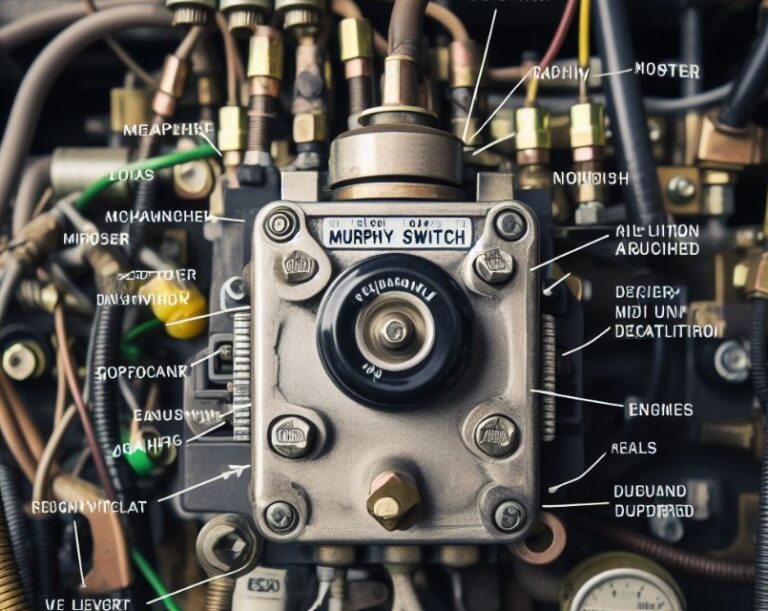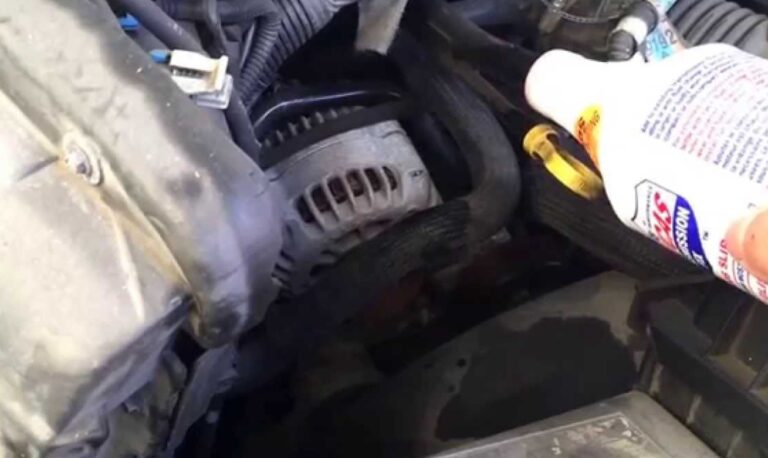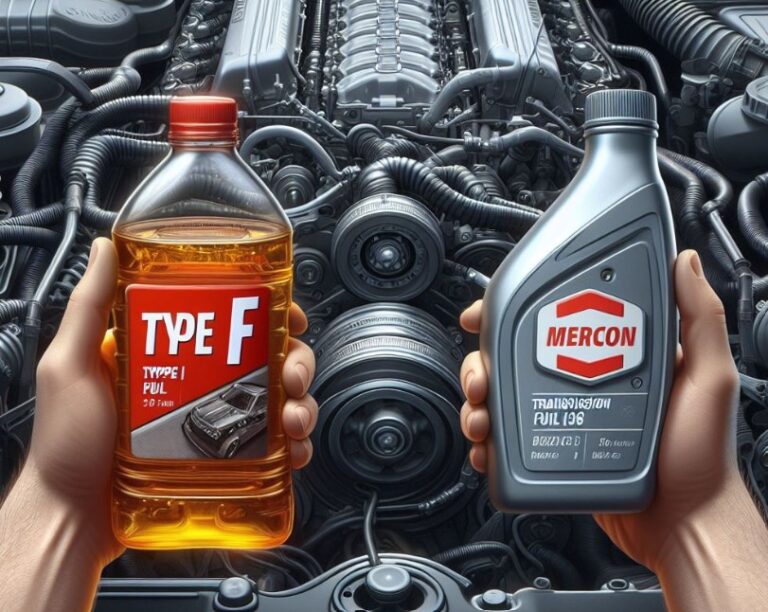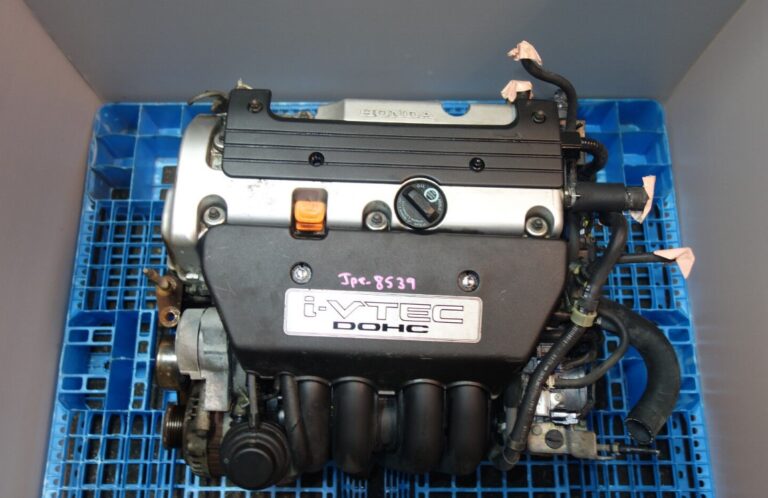Is It Better To Pull Trailer On 2WD Or 4WD? (Must Read)
This article will explain Is It Better To Pull Trailer On 2WD Or 4WD? So, if you were forced to choose between a Swiss Army knife and a single-blade jack knife before being abandoned in the wilderness, which would you take?
Since the introduction of Fivers and 4-wheel drives, this may be one of the topics that has generated the most internet discussion. Is a 4WD necessary to pull a fifth wheel, or will a 2WD do?
The age-old debate is still relevant today and has grown more heated with the arrival of elevated 4″ and 6″ trucks. So read on to learn which is better to pull trailer on 2WD or 4WD?
Is It Better To Pull Trailer On 2WD Or 4WD?
A 2WD can pull more weight and get better MPG. A 2WD is less expensive to buy than a 4WD. A 4WD will be useful when driving your fifth-wheeler on low-grip surfaces like wet grass and dirt tracks since it provides more control on steep inclines and declines.
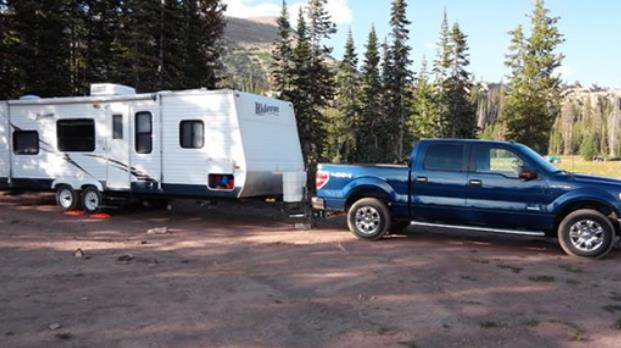
Why Is 2WD Better Than 4WD For Towing?
Power is the first justification for using 2WD as opposed to 4WD. The engine distributes the power in half and experiences less friction if your car only drives two wheels, whether they are in front or the rear, as the Honda Ridgeline does.
When you look at a vehicle’s characteristics, you’ll see that typically, 2WD vehicles can haul more than 4WD variants. This will be explained later on.

The risk of harm to your car is the second justification for towing with 2WD. When slippage occurs when one of your wheels is frantically spinning in search of traction but is unsuccessful, 4WD aims to distribute power to all four wheels.
To gain traction in this situation, the vehicle can move the others. But when you have good traction and drive on a dry surface, all your wheels will be spinning and won’t swerve.
One of the front wheels rotates more slowly as you turn than the other. If your 4WD is engaged, pushing your differentials to turn at the same speed when it is not necessary could harm the gears within.
Additionally, remember that some vehicles feature what known as low-range gearing, sometimes is known as 44. This setup features a different gear ratio for additional torque and distributes power to all four wheels.
You can exit more difficult terrain because of the additional torque. But when you drive on a dry surface, you also put more pressure on various parts by applying more torque.
Therefore, a four-wheel drive vehicle may not be necessary for towing. Let’s respond to this query.
Is 4×4 Necessary For Towing?
When dealing with conditions with little traction, 44 is required for towing. Examples include mud, snow, ice, gravel, and extremely uneven terrain. You require four-wheel drive (44) to pull something on muddy terrain.
However, we must be clear that 44 will not assist in towing heavier loads. Except for some SUVs and pickup trucks, it might reduce the weight you can tow.
You’ll have more traction and, as a result, more possibilities of navigating that difficult terrain with 44.

It is especially helpful when you need better traction while traveling up or down an incline. A 44 vehicle will give you greater traction so you can climb the hill when there is a positive gradient (moving uphill).
When traveling at a negative gradient with subpar traction, 44 is the most helpful. The truck generates greater torque and slows the pickups to have better traction because of the low-range gearing.
This deceleration is crucial when traveling downhill since it relieves a lot of pressure from your brakes.
Remember that 44 may not be your only tool if you need to tow something in any of these situations.
Brake controllers are another option, although trailer brakes are needed for traveling safely in adverse weather. There are several aftermarket systems available, albeit not all manufacturers offer them.
Can 2WD Tow More Than 4WD?
4WD cannot tow as much as 2WD. There is more concentrated traction since just two wheels need to receive power in two-wheel drive (2WD). Trucks and SUVs frequently have a greater towing capacity in 2WD variants than in 4WD.
Here are some illustrations. The Ford Expedition has a class-leading 9,000-pound towing capacity, but you can only get this when you request RWD and the Heavy-Duty Trailer Tow package.
With the Max Trailering Package with RWD, the Chevrolet Suburban has a respectable towing capacity of 8,300 pounds. Ordering a 4WD version reduces this weight to 8,100 pounds.
Though there are few outliers, the Nissan Armada can carry a maximum of 8,500 pounds because of its 5.6-liter V8 engine’s 390 horsepower and 394 lb-ft of torque.
As long as clients acquire the Class IV trailer hitch, Nissan guarantees this performance for both rear and four-wheel drive vehicles.
If you want to understand more about the available options, see our article on SUVs and their towing capacities.
Let’s discuss towing packages, another crucial component, now that we’ve shown how, in most circumstances, 2-wheel drive can tow more than 4WD.
Are Tow Packages Better With 2WD?
All of your vehicle’s components are under more stress when towing cargo. This implies that your drivetrain, steering, brakes, and transmission feel the extra weight.
Consider the brakes, which must stop more weight, particularly while traveling down a hill.
Compared to manual transmissions, automatic transmissions produce more heat, and when dealing with additional weight, they may reach greater temperatures, causing internal gears and seals to wear out more quickly.
You have to consider this temperature increase in both the front and rear wheels while discussing 4WD.
Better cooling for the transmission and engine, larger brakes, and higher gear ratios for more torque are all features of towing kits, but one important element remains the same.
Even with the greatest towing package, a 4WD vehicle must share its power across all four wheels rather than just two.
Therefore, the optimal towing setup is typically a factory-specified tow package with 2WD so that the most power is only distributed to the front wheels. If your vehicle has 4WD, a trailering option might boost its towing capacity.
This option can be great for you if you frequently encounter harsh circumstances like mud, loose gravel, sand, snow, or ice.
If you’re interested in learning how tow packages might enhance towing, check out this article, where we went into great detail.
Towing In 4WD Or 2WD
This article sought to clarify whether four-wheel drive should be used when towing. In most common circumstances, a 2WD car with a towing package is the optimal arrangement, as we’ve explained, because it allows you to transmit the maximum power to just two wheels.
Only use 4WD in towing during exceptionally bad weather. You don’t need to get a new truck to tow that boat!
But that doesn’t mean 4WD doesn’t help tow—it is! It is helpful when you have to go across snowy or muddy terrain. It also performs admirably in the presence of large pebbles or ice.
Due to low-range gearing, 4WD helps you have more traction and torque in these conditions, making towing safer. However, remember that 4WD does not boost your ability to tow.
We indicated that there is one unique circumstance where 4-wheel drive is necessary. 4WD is one of the most useful features when towing downhill, especially if your vehicle has low-range gearing.
Your brakes must work harder because of the hill and the payload’s added weight.
You can minimize the stress on the brakes and prevent them from overheating thanks to the more power and slower speed that the 44 provides. This gives you greater control, especially when towing a trailer.
We also discussed how power is distributed to two wheels rather than four in 2WD versions of most cars, which results in greater towing capacity.
Although it seems logical, the difference can be significant in some of the situations we provided above.
Therefore, 4WD is great if you frequently drive through rough terrain or go off-roading. It’s the ideal tool for more control and better traction.
It might be better for towing. So now you are aware of when two-wheel drive is preferable and when four-wheel drive should be used for towing.
Conclusion
So, which one is better to pull trailer on 2WD or 4WD? Even though you might never use it, there might come a time when you wish you had it. One time is all it takes! Purchasing a 2WD 42 truck to tow your fifth wheel is entirely legal.
But if I were buying for my usage, I’d choose the 4WD. 2WD should be your choice if a bigger payload is a concern due to the weight penalty associated with 4WD. Everything relies on the destination for your drive.
Frequently Asked Questions
Is 2WD or 4WD better for towing?
Due to the additional weight of the 4-wheel-drive components, pickup trucks with four-wheel-drive often have slightly lower towing capacity than their two-wheel-drive counterparts. A 44 can be quite useful, especially when towing a trailer, but they are often less fuel-efficient than 2-wheel-drive trucks.
Should I use 4WD when towing a trailer?
You should always use 2-wheel drive for routine towing. Extreme circumstances like snow-covered or muddy roads, which ordinarily necessitate 4-wheel drive, are the exceptions to this rule.
Is 4WD more powerful than 2WD?
Vehicles with two-wheel drive have less power than those with four-wheel drive. Not all terrains are suited for two-wheel drive cars.
Should I use 4WD or 2WD?
To save the most petrol and money:
· Only use 4WD when necessary. Your front axles, differential gears, and other components may become damaged if you drive a 4WD vehicle in light, dry circumstances.
· Use 2WD exclusively on dry pavement.
· Change to 4WD and steadily press the gas pedal to free yourself if you get stuck.

Welcome to the exhilarating world of Matt Rex, a professional car racer turned renowned vehicle enthusiast. Immerse yourself in his captivating blog as he shares heart-pounding adventures, expert reviews, and valuable insights on cars, trucks, jets, and more. Fuel your passion for speed and discover the beauty of vehicles through Matt’s engaging stories and meticulous expertise. Join the ever-growing community of enthusiasts who find inspiration and expert advice in Matt Rex’s blog—a digital hub where the thrill of speed meets the pursuit of knowledge.




